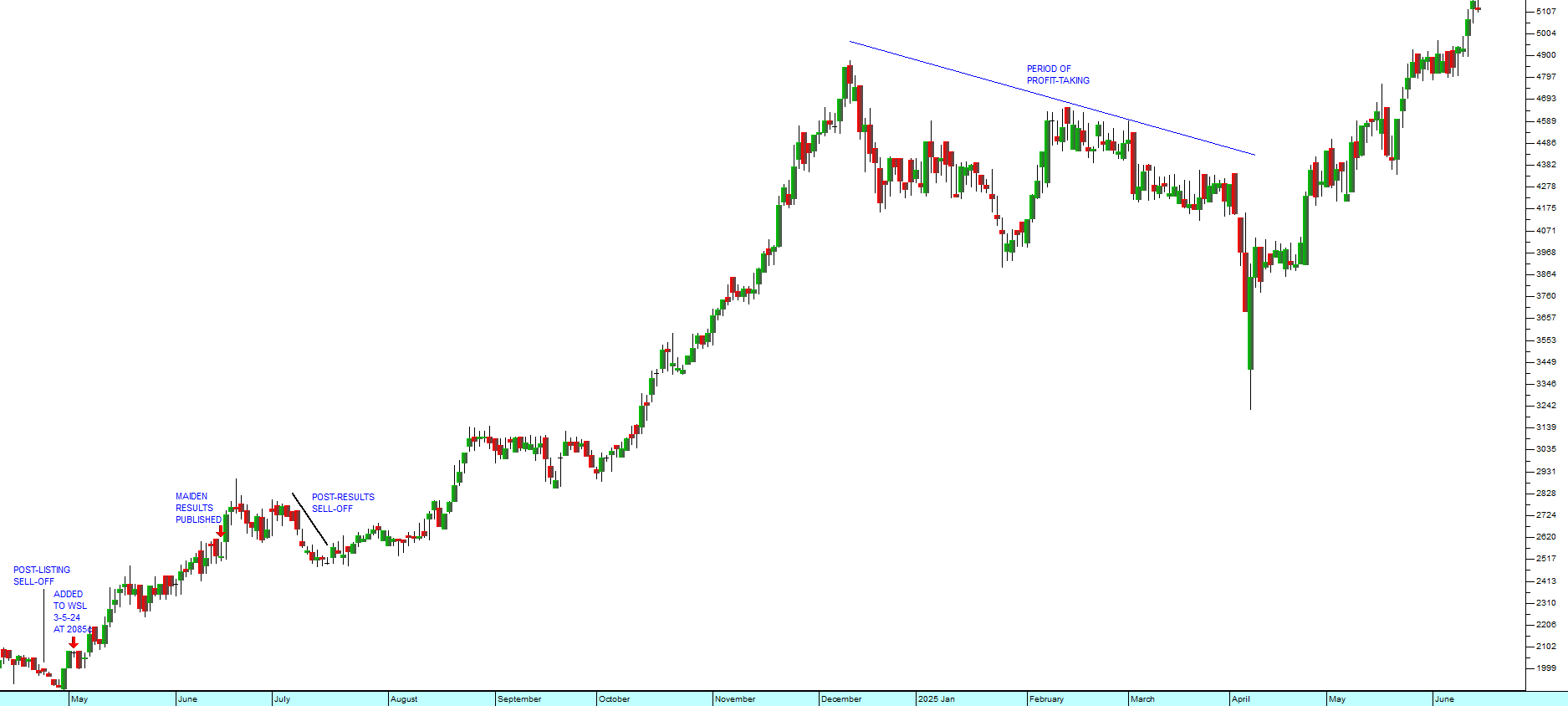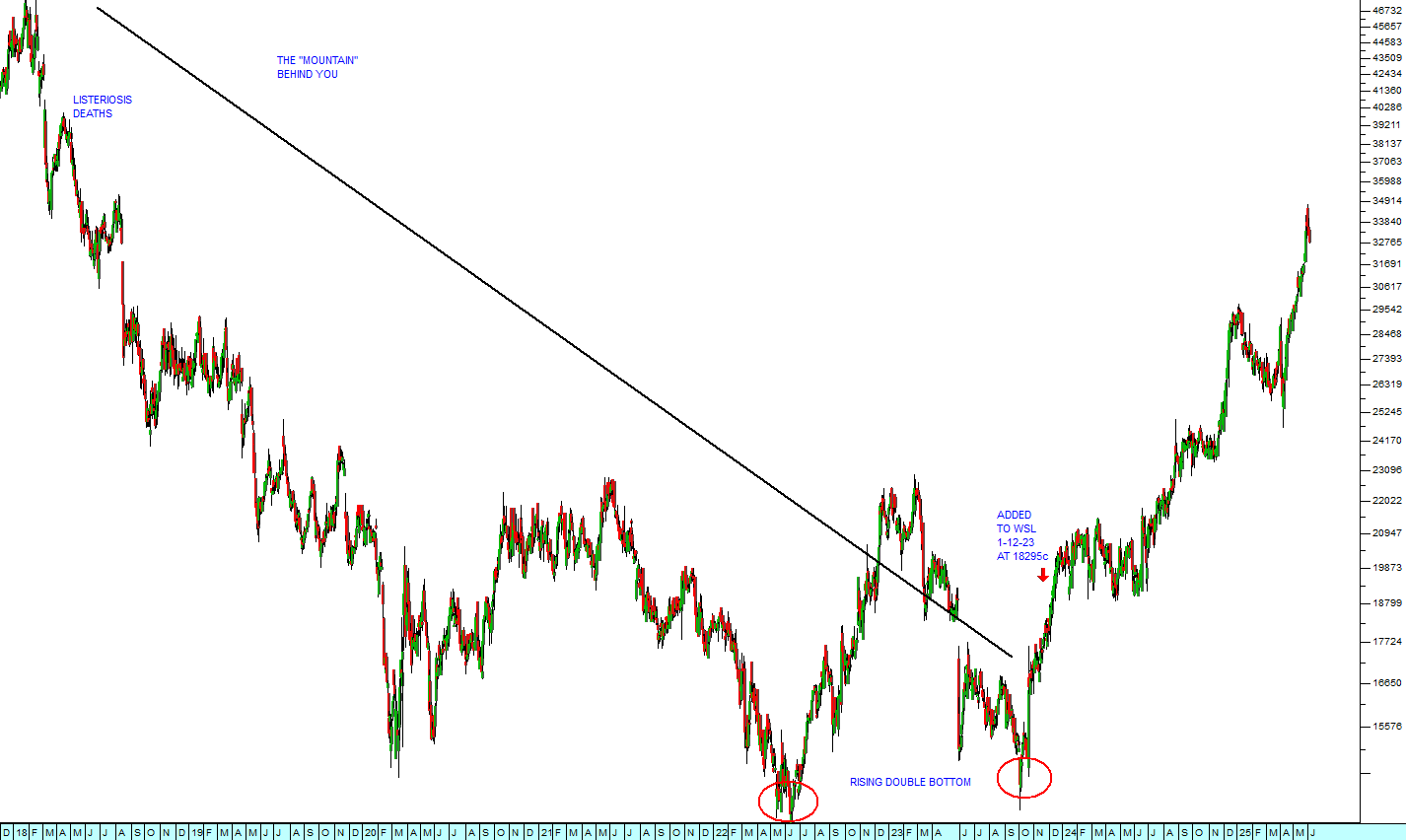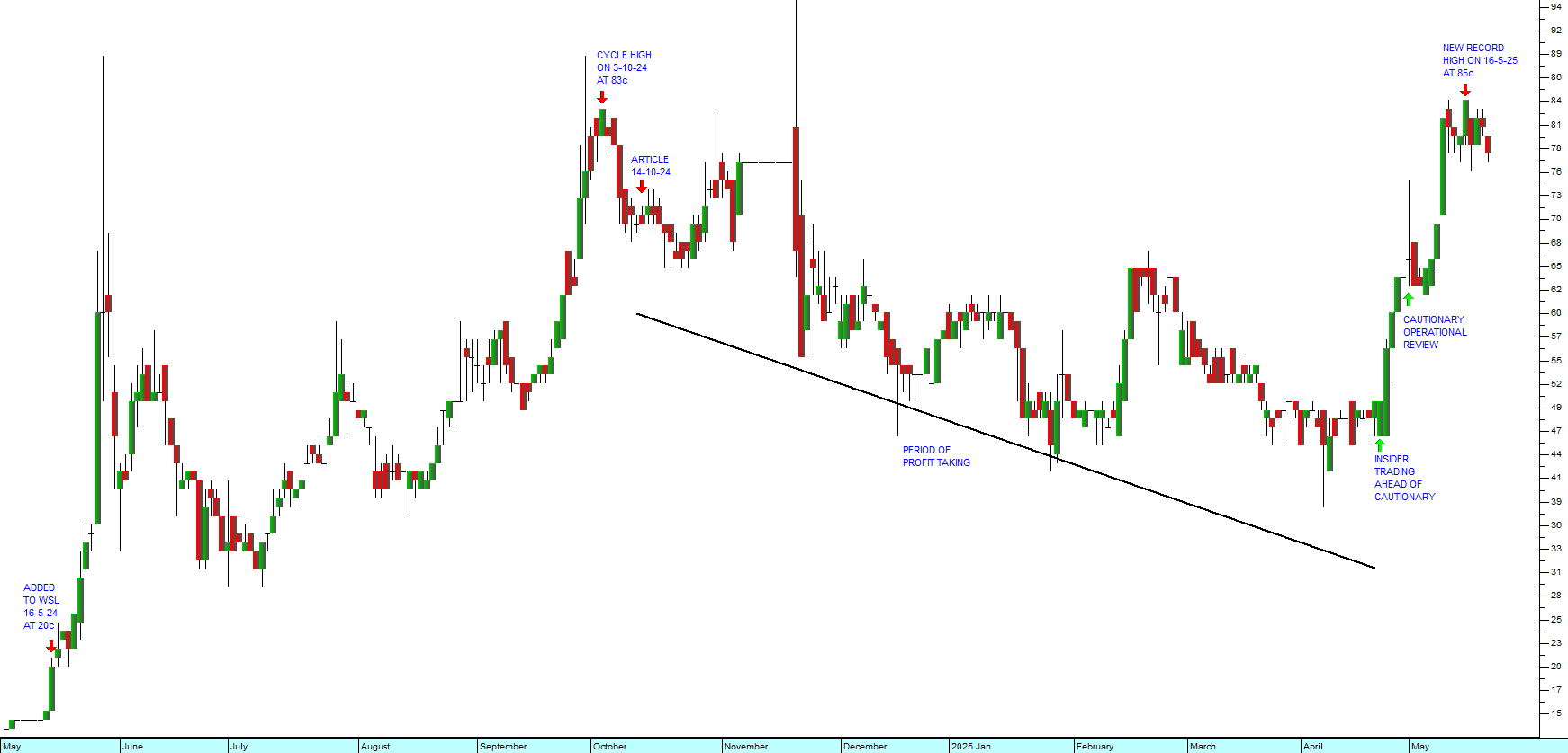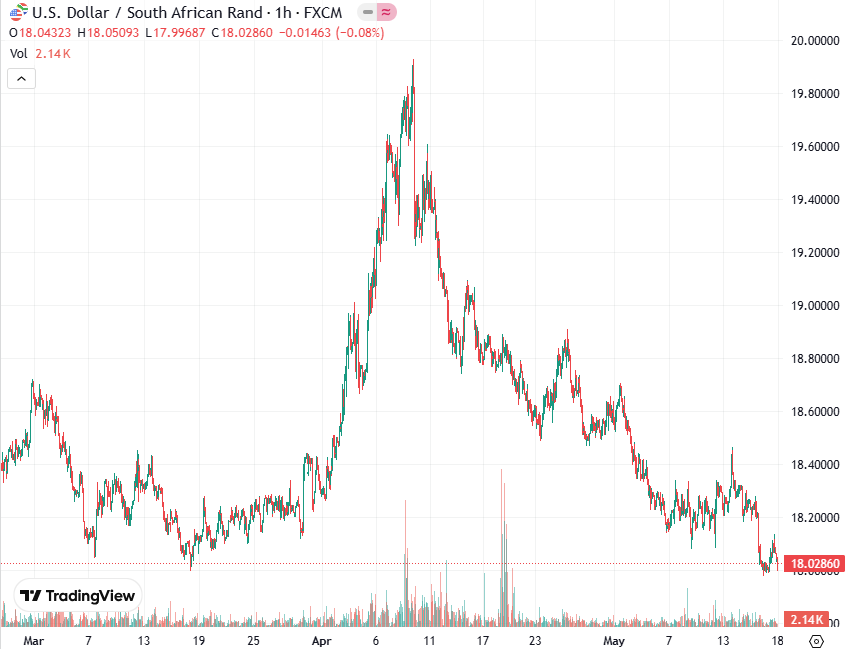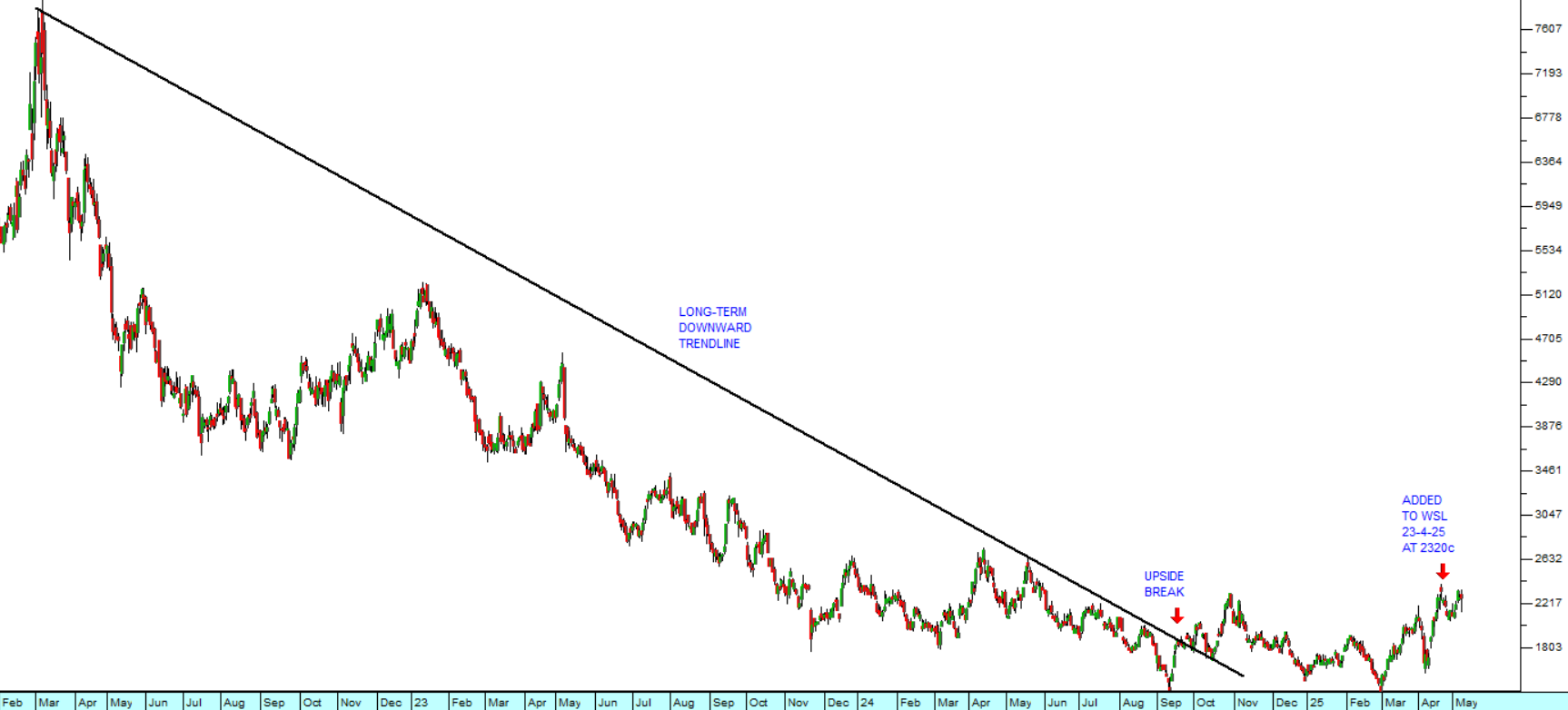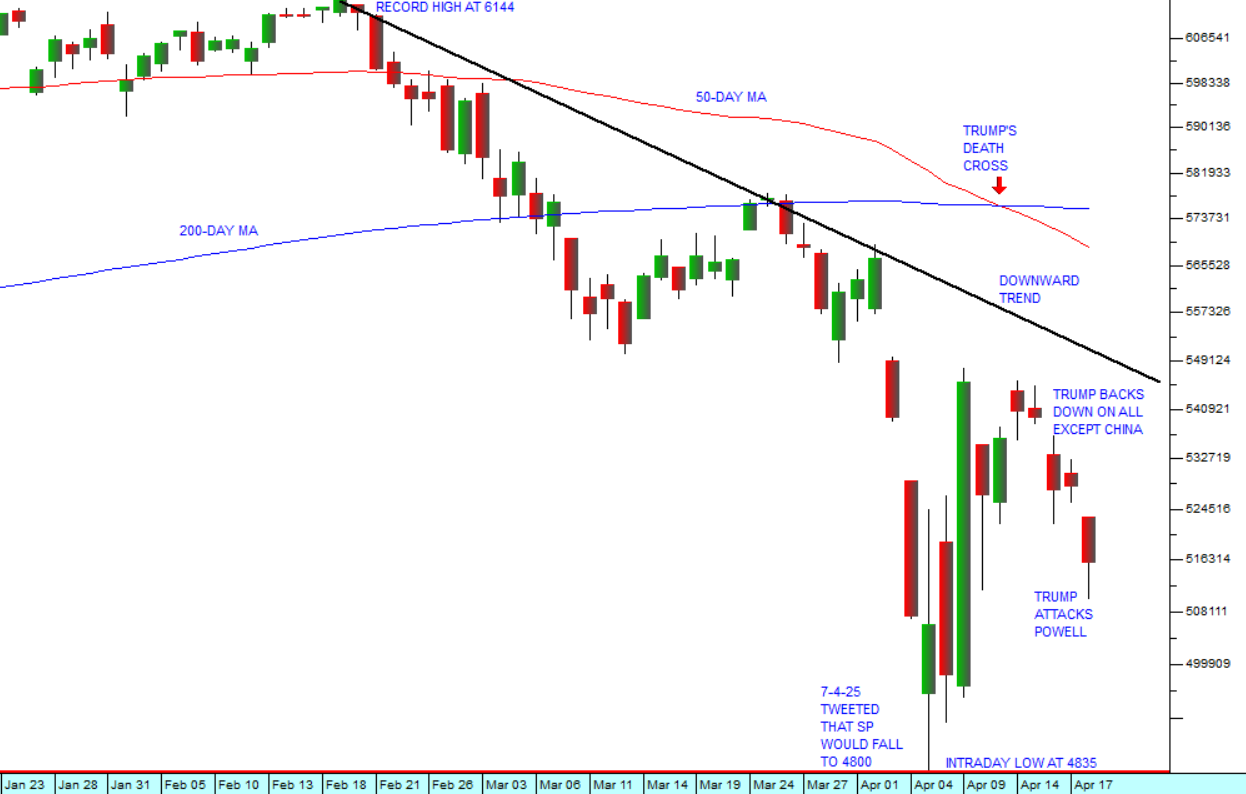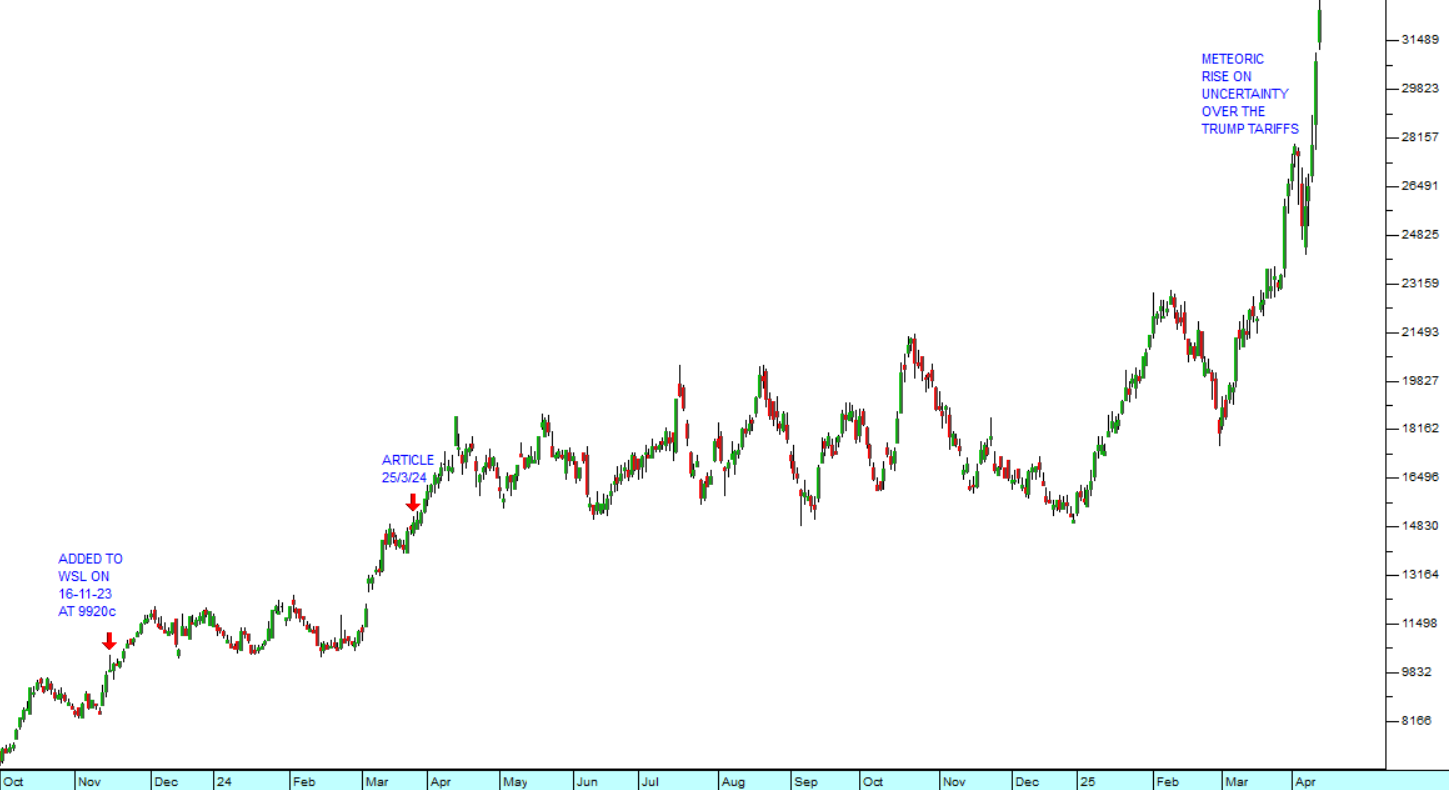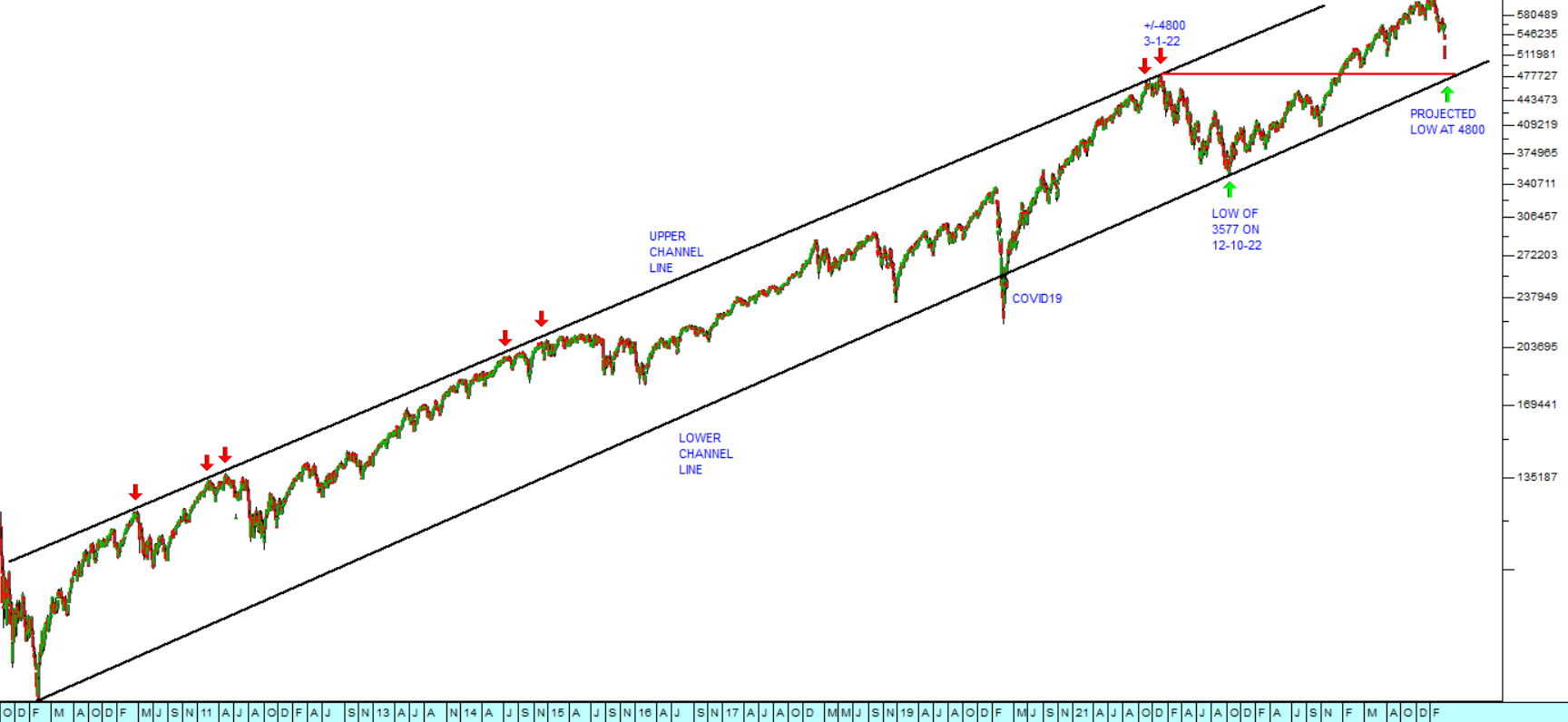Brent
21 November 2022 By PDSNETPrivate investors need to keep their eye on developments in the world economy because they usually have a knock-on effect on JSE-listed companies. This includes the level of key commodity prices, first world currencies and international stock market indexes.
For many decades now the price of oil has been a key component of the international financial mix. Almost every product in the world either contains oil or is transported by an oil-fired engine at some point in its manufacture and distribution. This means that the oil price is a major component of inflation rates world-wide.
The price of oil is also a key indication of the economic health of first world countries. When the world economy is booming oil prices tend to rise and vice versa. The increasingly ineffective efforts by the Organisation of Petroleum Exporting Countries (OPEC) are still a factor in the oil price. The international move towards electric vehicles is also a factor, but not yet large enough to have a significant impact on oil prices.
The state of the American, European, and Chinese economies and their prospects for future growth is critical. Demand for oil is a function of economic growth and most major economies are expected to enter a recession some time during 2023. That is having a negative impact on the oil price. Consider the chart:

As you can see here the upward trend from April 2020 after the impact of COVID-19 has been strong with North Sea Brent oil peaking in March 2022 at around $125 per barrel. At that time, with the war in Ukraine a major factor, the American President had talks in Saudi Arabia and since then, after making what looks like a double top, the oil price has fallen back below $100. It broke down through its upward trendline on 6th September 2022 and has been falling since.
Of course, a falling oil price is particularly good for Joe Biden and the Democrats and very bad for Russia and Vladimir Putin.
The drop in the oil price is arguably more important to Russia from an economic perspective than the cumulative impact of Western sanctions. Wars cost money to prosecute and the war in Ukraine has been particularly expensive for Russia.
At the same time, falling gas prices in the U.S. certainly favoured the Democrats and worked against the Republicans in the recent mid-term elections. No public announcement was ever made, but, in our opinion, it appears that Biden negotiated a deal with Saudi Arabia to keep oil prices low - and if he did not, then he has been extremely fortunate.
In the last two weeks the price of Brent crude has fallen from $98 to $86 – a drop of 12,2%. Ostensibly, part of this decline has been due to a 7-fold resurgence of COVID-19 in China reported in the New York Times. While this escalation in COVID-19 is likely to impact on the Chinese economy as new restrictions and lockdowns are imposed, it does not account for the overall decline in the oil price since March this year.
The broad effect of a declining oil price is that it will bring inflation rates down across the globe and will certainly be a factor in the US Federal Reserve Bank’s decision on interest rates in the next cycle. It is also very good for South Africa, but we should be clear – we believe that the fall in the oil price is a consequence of declining economic activity world-wide and that, while it might mitigate that decline, it will not be sufficient to reverse it. We still expect the US economy to enter a recession next year and we believe that interest rates will continue to rise in America for the foreseeable future. That means that the bear trend on Wall Street is not over.
DISCLAIMER
All information and data contained within the PDSnet Articles is for informational purposes only. PDSnet makes no representations as to the accuracy, completeness, suitability, or validity, of any information, and shall not be liable for any errors, omissions, or any losses, injuries, or damages arising from its display or use. Information in the PDSnet Articles are based on the author’s opinion and experience and should not be considered professional financial investment advice. The ideas and strategies should never be used without first assessing your own personal and financial situation, or without consulting a financial professional. Thoughts and opinions will also change from time to time as more information is accumulated. PDSnet reserves the right to delete any comment or opinion for any reason.
Share this article:

